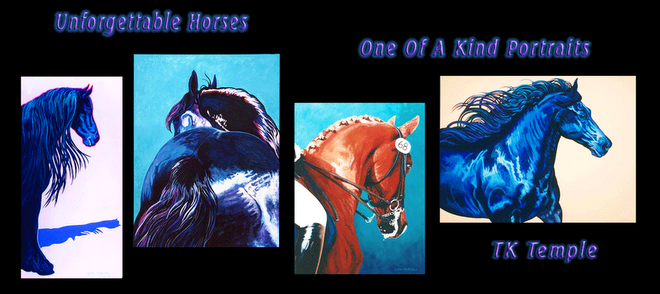Say What You Need To Say
Some of us were lucky enough to have excellent models of caring and compassion, people who taught us well and kept us safe, while giving us tools to live a healthy, centered and productive life. Many of us were not. We were damaged to some degree or even to a point of barely being able to function by people who were in turn damaged by the people who raised them, back though generations in what is often referred to as a generational curse. But we can learn to resolve (re- solve) the damaged ways of relating and living that we learned as kids, by re-parenting ourselves and learning effective tools for dealing in a healthy and compassionate way with ourselves and the people and situations that form our lives now, in this moment, and from moment to moment. In practicing taking care of ourselves (and I don't mean in an egocentric, selfish and entitled way), we learn to heal ourselves down to our soul (which is pure and blameless and incorruptible). And from here we can relate outward with kindness and compassion towards others, and with healthy personal boundaries. It really is an inside job. It's that Inside Job part that is what is common to both Buddhism and 12 Step programs.
From either perspective, most of what we carry around in our heads is the past in the form of old patterns of thinking. We are constantly listening to the internalized abuser, fighting with "the shadows in your head". We learn to walk "like a one man army", bristling with aggression and weapons to defend ourselves so that we don't get hurt again. Our "problems" define us in drama and self pity and low or hyper inflated self esteem, or in isolation and walls of self protection. We build up a false "sense of honor" that entitles us to blame others, or on the flip side makes us feel we need to take responsibility for other people's actions (we are only responsible for our own feelings and actions, and that's what owning them means). We live out the "patterns in your head" of childhood over and over again, feeling neglected, ignored, punished, less than, unworthy. Or better than, entitled, superior and punitive. For those who feel less than, even if we said what we needed to say, we were discounted and invalidated, told that's not true or that we were liars. We were made to feel unimportant, and we learned that if we said what we needed to say, there would be unpleasant consequences.
With help we learn to put aside the "fear of giving in" because we find there is a wonderful freedom in finding our voices and saying what we "need to say", even if we start with ourselves, which may actually be the best way. We benefit from letting go of the need to control our world and the people in it, that's illusory anyway. Surrender done right ultimately brings peace and equanimity. We can start with being rigorously honest on the inside, and find that it's okay to be flawed, that letting go of personal fears makes us stronger to the point that we can look back and wonder why we were so afraid. Humans are social animals, and we are constantly expressing ourselves, even when sitting still in a chair. It makes sense that we should say what we need to say, even when our hands are shaking and our faith is broken, that is when we are most vulnerable and our hearts are wide open. That is when we are most receptive to having compassion for ourselves and others, that is when we are most connected to the Universe, and surprisingly, that is when that Universe hears us and pulls us up from the ashes to be reborn. Maybe not in the way we think we want, but in the way we actually need, we get everything we ask for.
And if it means telling someone you have a crush, or just letting someone know you love them, of course that works too. Let it be okay though if you don't hear the answer you wanted, because you had the strength to say what you needed to say, and being honest is really good practice for following the Dharma, and for being in a harmonious relationship with the world around you. And it's about saying what you need to say, not what you want to hear in return. That's a different song.
PS: The young man in the red Rockets shirt (BoyceAvenue) on the video links (after the video) has a lovely and sensitive cover of Say, and I think he has a better voice.





















2 comments:
Great post!
I believe you're right, a lot of us do really have trouble saying what we need to say. (Others, however, seem to have a lot of trouble not speaking their mind at every opportunity. And how come I always end up sitting next to them on bus?)
OMG! Re: the bus, you too? What, are we a magnet for crazy people with no healthy boundaries???
Post a Comment